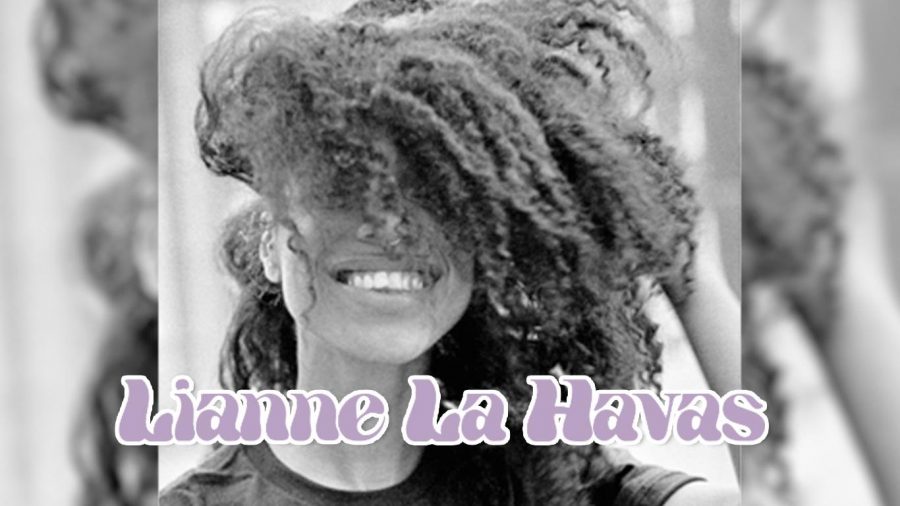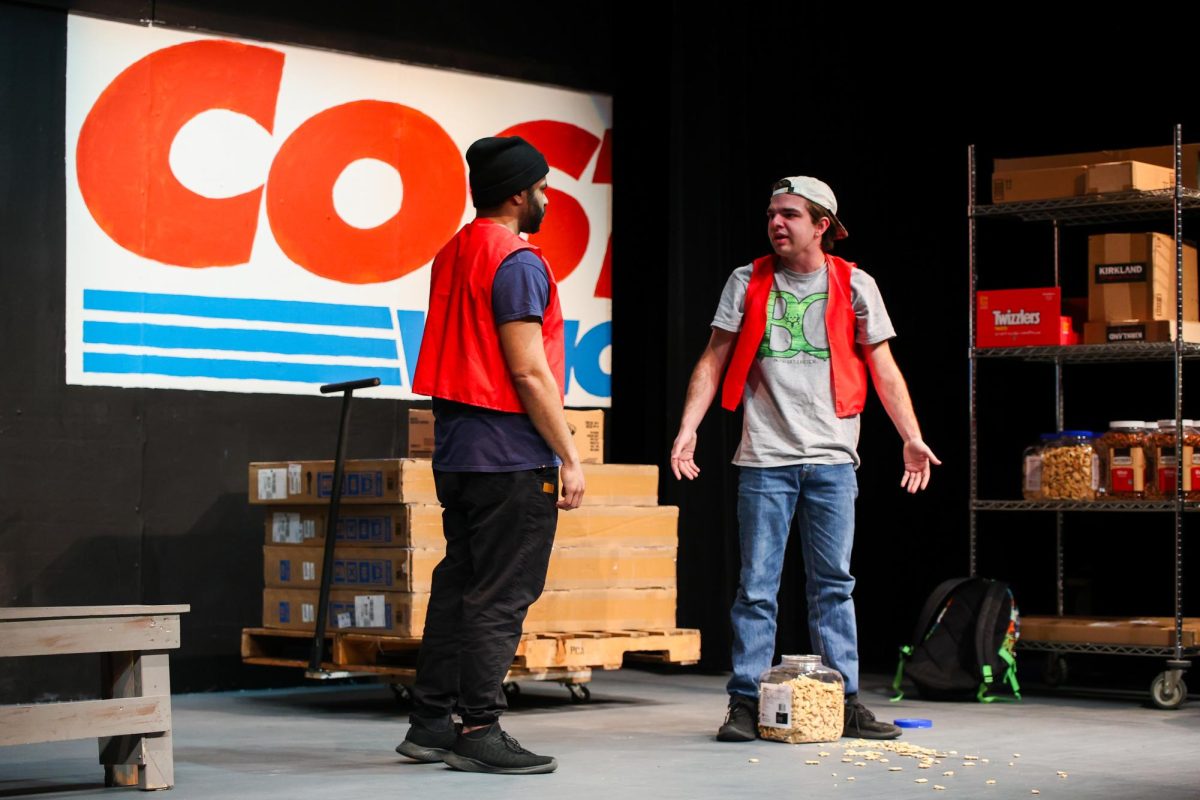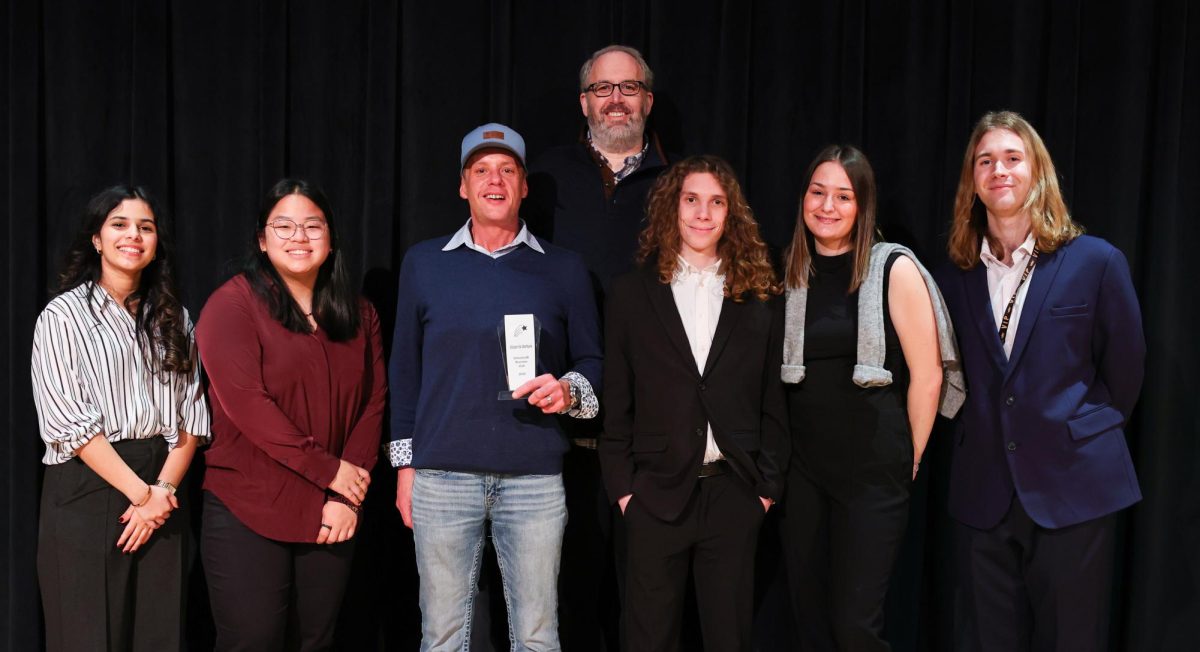Born again
“Lianne La Havas” is a narrative of pain, change and growth
August 7, 2020
![]()
Five years ago London-based singer-songwriter Lianne La Havas graced the world with her second studio album “Blood.” Now she is back with her creatively self-titled album “Lianne La Havas.”
Havas has familial roots in Greece and Jamaica. Much of her music has to do with personhood; what made a person who they are and how they have changed and are changing now, stories of origin and growth. That, and specifically how human relationships affect and change a person.
This particular album is a chronicle of a specific journey of her own; a year’s long journey of love, breakup, healing, rebirth, and the pain felt through it all.
Sonically speaking, the album has two halves with each its own mood; the starting half being simpler, slower and smoother, and the other half being livelier, beat-centric and complicated. One song that represents the album’s first half well is “Can’t Fight,” a bouncy, string-and-voice driven melody that sings in circles; it was written during a period of Havas’ life when she knew that she and her partner of the time weren’t in a good place, but she “just wasn’t done being happy yet in this song. [she] was still very optimistic and everything is still pretty good,” according to her own words in an interview with Apple Music.
A song that is representative of the second half of the album – and which also serves as an epilogue of sorts – is “Bittersweet,” which is the name of the song as well as an apt description of it. This song is very much an inverse of “Can’t Fight,” as where “Can’t Fight” is all voice and string, “Bittersweet” has a lot of drums and minimal strings, with some background vocals to boot. Above all the song is about new beginnings born from new changes that were caused by past experiences; it is a much more confident and powerful than its aforementioned counterpart, being more detached from the destructive enchantment that so saturates unquestioned infatuation, as the lyrics suggest: “Bittersweet summer rain / I’m born again / All my broken pieces…” Simply said, the two songs are complacency and autonomy juxtaposed.
Lianne La Havas’ self-titled album is altogether a fantastic musical slice of humanity that tells a story of metamorphosis from the pain and healing of ending something that was once quite beautiful.
To read more about Lianne La Havas’s second studio album “Blood,” check out schoolcraftconnection.com/2019/10/06/thicker-than-blood/









